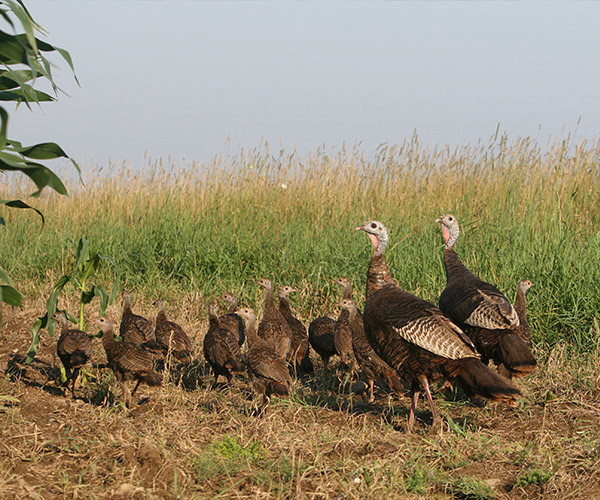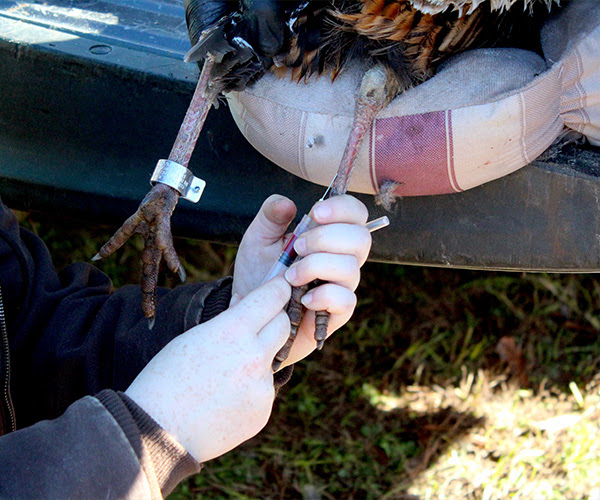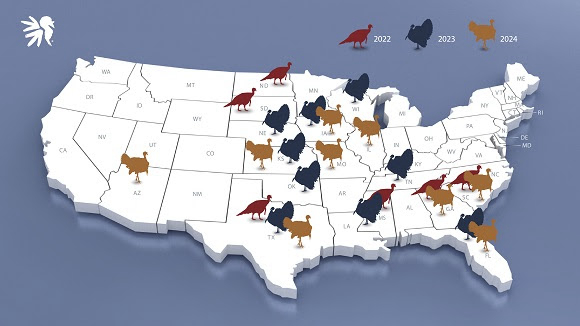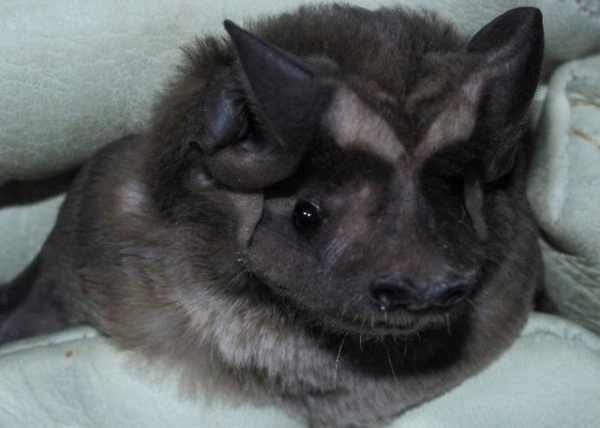National Wild Turkey Federation celebrates National Pollinator Week

National Pollinator Week: June 19 – 25, 2017EDGEFIELD, S.C. — The National Wild Turkey Federation works throughout the year to improve habitat not only for wild turkeys but also for some of our upland habitat’s most important visitors — pollinators. Bees, birds and butterflies are a part of the pollinator group, which has seen drastic declines over the past 20 years. This week, during National Pollinator Week, the NWTF asks you to join our celebration and help keep our pollinators protected.
According to the North American Pollinator Protection Campaign, birds, bees, butterflies, beetles, bats and other small mammals that pollinate plants are responsible for bringing us one out of every three bites of food. An estimated one-third of all foods and beverages is delivered by pollinators, and pollination produces nearly $20 billion worth of products annually. Pollinators also provide us with one-half of the world’s oils; they prevent soil erosion and increase carbon storage.
The NAPPC raises public awareness through education and partnerships while promoting restoration of pollinator habitats.
At the NWTF headquarters, staff and volunteers have worked tirelessly to improve pollinator habitats throughout the 700-acre Hunting Heritage Center, which includes demonstration forests, food plots, observation decks, wetlands and fish habitat. Travis Sumner, NWTF Hunting Heritage and Habitat specialist, said the NWTF has taken its pollinator efforts to a new level this year.
According to Sumner, the NWTF’s managed pollinator area includes butterfly gardens, a bat house and an area for honey bees and other foraging pollinators.
In addition, pollinator plots are planted at the shooting stations of the Palmetto Shooting Complex at the NWTF. Stations include descriptive signage to explain to visitors why the chosen plants were used, he said.
Improving the habitat at the NWTF complex has included a grant for development of NWTF pollinator habitat from Bayer Crop Science as well as help from many individuals and companies. Crop Production Services, Strom Thurmond FFA, Roundstone Seed, Mossy Oak Native Nurseries and Hallman Farms have all donated resources to the endeavor.
“With just a little care, pollinators give us life sustaining foods as well as improve our world with their beauty,” said Becky Humphries, CEO of the NWTF. “We are proud of the work we have done to enhance habitat for pollinators, but there is still more to do. Join us in helping preserve pollinator habitats across the country by enhancing, restoring or establishing their habitats near you.”
Additional habitat information is available on the NWTF website, www.nwtf.org/conservation/category/habitat and seed program information is available to NWTF members, www.nwtf.org/conservation/category/seed-program.
For more information on NAPPC, visit their website, pollinator.org.
For more information on Bayer CropScience, visit their website, feedabee.com.
About the National Wild Turkey Federation
When the National Wild Turkey Federation was founded in 1973, there were about 1.5 million wild turkeys in North America. After decades of work, that number hit an historic high of almost 7 million turkeys. To succeed, the NWTF stood behind science-based conservation and hunters’ rights. Thanks to the efforts of dedicated volunteers, professional staff and committed partners, the NWTF has facilitated the investment of $488 million in wildlife conservation and the preservation of North America’s hunting heritage. The NWTF has improved more than 17 million acres of wildlife habitat and introduce 100,000 people to the outdoors each year. The NWTF Save the Habitat. Save the Hunt. initiative is a charge that mobilizes science, fundraising and devoted volunteers to raise $1.2 billion to conserve and enhance more than 4 million acres of essential wildlife habitat, recruit at least 1.5 million hunters and open access to 500,000 acres for hunting. For more information, visit NWTF.org.






